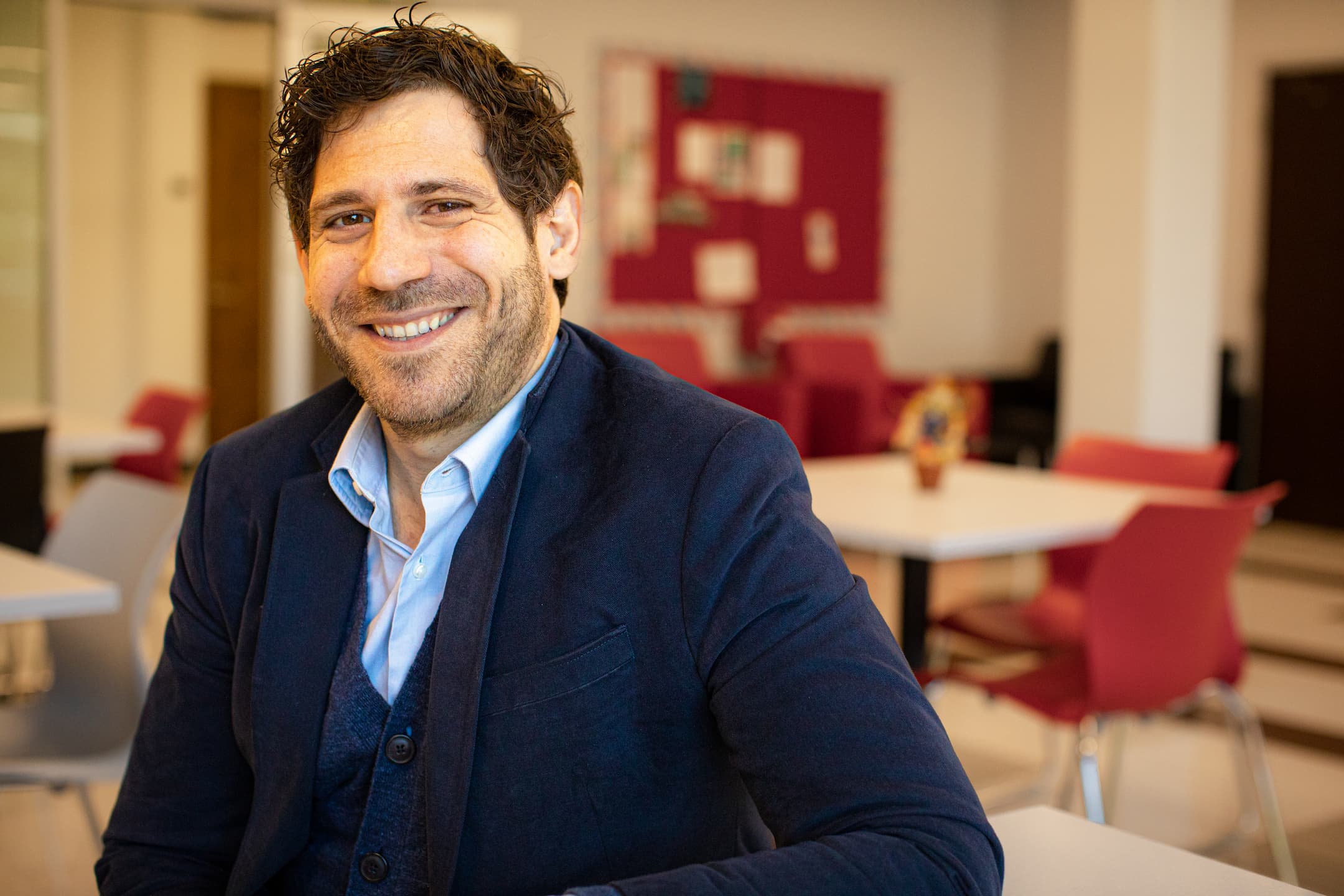
My interest lies in analyzing how narratives—e.g., text, oral histories, art (e.g., street art, community art)—are constructed by affected populations, and whether it seems that these narrative forms contribute to reconciliation or healing.
Assistant Professor
I am an interdisciplinary researcher and evaluator who integrates theories and methodological practices from anthropology, community psychology, restorative justice and conflict transformation, and education. As a methodologist, I employ critical forms of participatory action research, ethnography, narrative and visual inquiries, and program evaluation.
Prior to joining the Mary Frances Early College of Education, I led the research and evaluation unit at the Department of State’s Bureau of Democracy, Human Rights, and Labor, where I conducted internal studies; developed research/evaluation methods curricula, and trained staff, nonprofit grantees, and human rights activists; and designed and managed research grants and evaluation contracts conducted by academic institutions, nonprofit organizations, and consulting firms.
As a first-generation college student raised in rural Central California by immigrant parents, familiar with the ways in which college, graduate school, and a career can seem like unobtainable goals. For these reasons, I believe that universities should be welcoming environments for all, inside and outside the classroom. I am is interested in service opportunities, having previously served on the Board of the American Evaluation Association’s (AEA) local affiliate in Washington, D.C., where I launched a mentorship program and pro bono evaluation initiative, which other affiliates have replicated.
As a methodologist, I am committed to a research agenda focused on critical approaches to research, methodology, and policy studies. Based on my experience working across nonprofits, the federal government, multilateral agencies, and academia, I am most interested in partnerships that ensure evidence is utilized in ways that learn from and benefit communities subjected to structural violence, racism, and abuse. My current research agenda includes (1) exploring transformative and restorative forms of inquiry, seeking to critically question overly technocratic practices that exacerbate deficit models, racialized narratives, and extractive forms of learning; (2) imagining new futures by working alongside communities to inform how policymakers interact and consider community-informed evidence, and methodology (i.e., how researchers can learn from communities to rethink how they conduct research); and (3) testing critical pedagogical practices, by collaborating with scholar-activists to define those who use their experiential knowledge to advocate for societal change.
My current research includes partnerships in the U.S. and abroad, including working with high school students to explore how racial microaggressions impact their mental health; and collaborating with an Indigenous Maya community in Guatemala to explore how their knowledge systems can educate others on memorialization, justice, and restorative forms of inquiry (i.e., how research can heal, rather than simply prove a point).
Read more about Giovanni Dazzo
